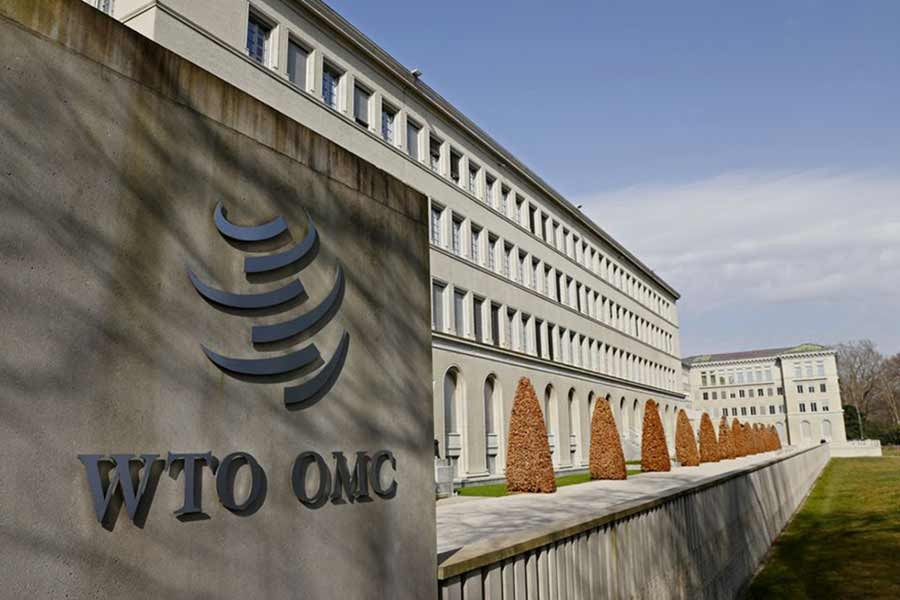The transition period of the Trade-Related Aspects of Intellectual Property Rights (TRIPS) for the least developed countries (LDCs) has been extended by another thirteen years.
A proposal in this regard was approved on Wednesday by the TRIPS Council after a long and intense negotiation among the members of the World Trade Organisation (WTO).
This is the longest extension till now as earlier there were such extensions for periods of seven and eight years.
"Bangladesh played a leadership role in this negotiation on behalf of the LDCs," says a spokesperson of Bangladesh’s Permanent Mission in Geneva.
Commenting on the issue, Ambassador and Permanent Representative of Bangladesh in Geneva Md. Mustafizur Rahman said, “The negotiation was not smooth at all. The developed countries, particularly the US and the European Union, were not agreeable to such a long transition period.”
“This special transition period will remain in force until 1 July 2034.”
He also said, ‘Bangladesh is soon going to graduate from the list of the LDCs.
“Despite that, we were inclined to find a long-term transition period for the LDCs so that they don’t need to sit for negotiation frequently.”
Currently, another proposal on LDC graduation is under consideration in the General Council of WTO. Bangladesh is also leading the LDCs in this negotiation.
Chad of Africa is playing the role of coordinator in the organisation at present. “But on the matters of trade and intellectual property rights, Bangladesh is leading the negotiations in the WTO,” the spokesperson said.
The Council for TRIPS, commonly known as TRIPS Council, is the body legally responsible for administering and monitoring the operation of the TRIPS Agreement, an international deal between WTO members that establishes minimum standards for the regulation of different forms of intellectual property (IP).


